1. Strawberries
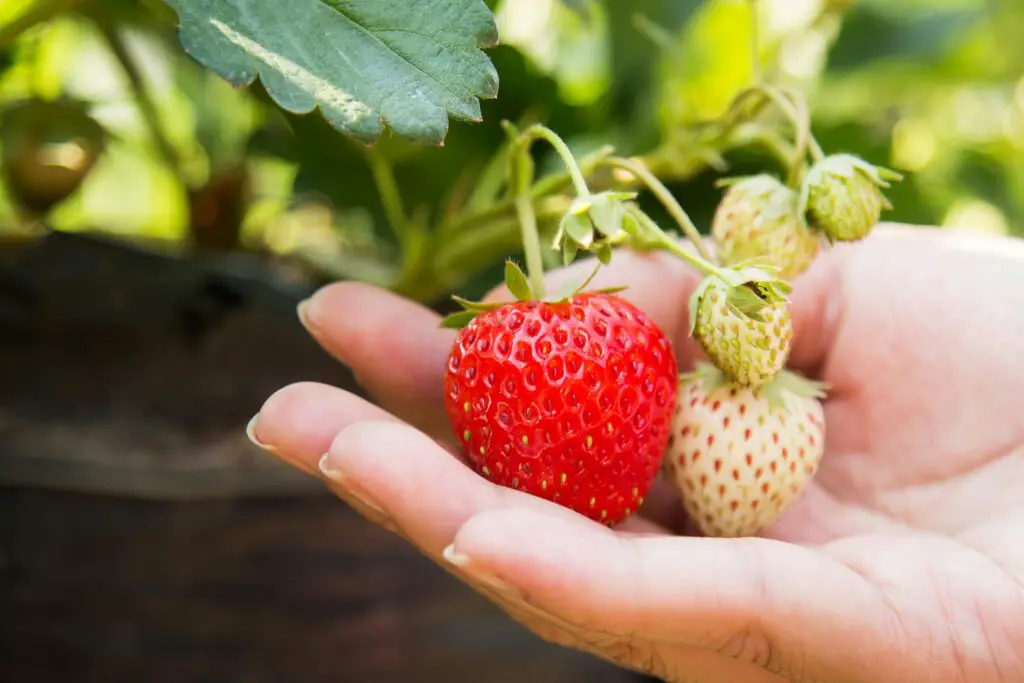
Strawberries consistently rank as the most contaminated fruit due to their porous skin, which traps pesticides. Even after washing, residues can linger, making organic options a safer bet. Their popularity and high demand often lead to intensive farming practices with heavy chemical use.
2. Spinach
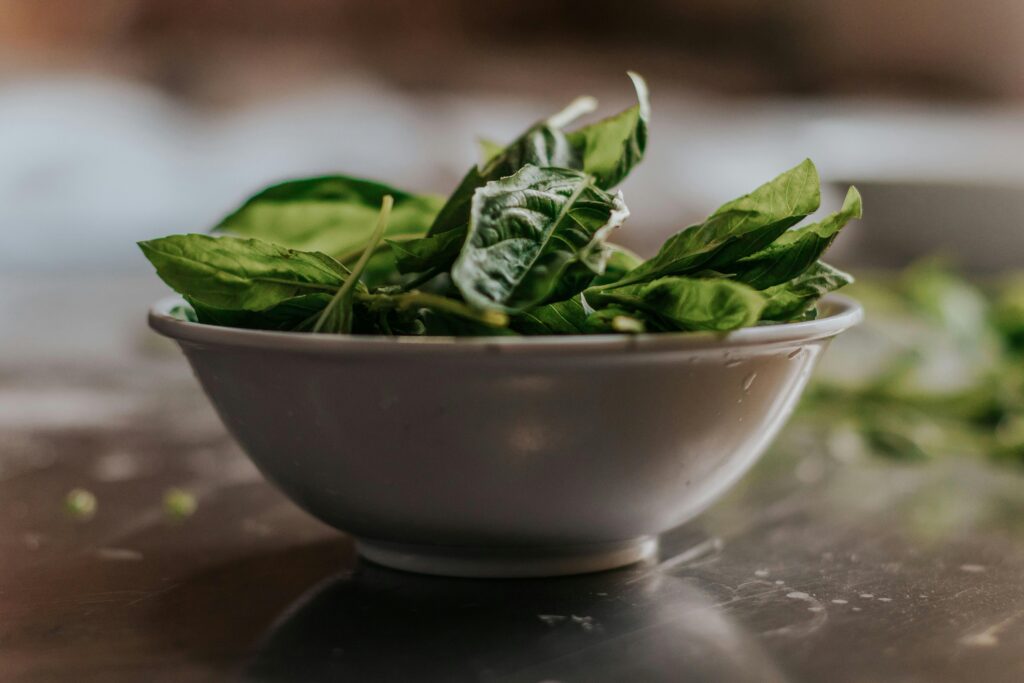
Spinach is another produce item frequently laden with pesticide residues, including some linked to health risks. Its tender leaves absorb chemicals easily, which can be difficult to wash away. Choosing organic spinach significantly reduces your exposure to these harmful substances.
3. Kale
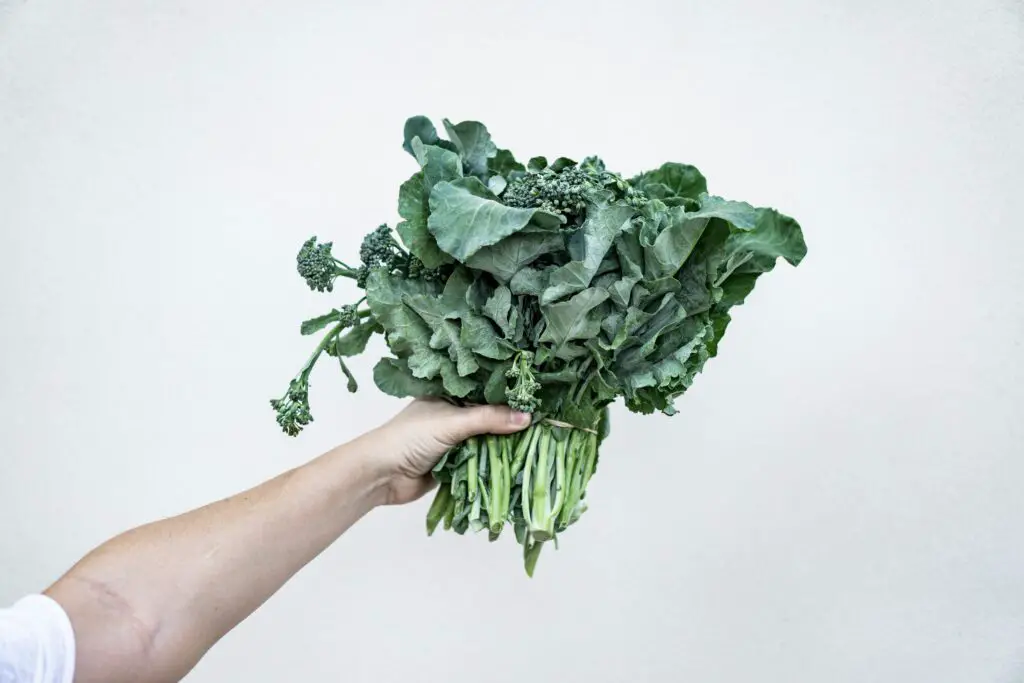
Kale has surged in popularity as a superfood, but it often carries residues of potent pesticides like Dacthal. The leaves’ crinkled texture traps chemicals, making thorough washing nearly impossible. Opting for organic kale is a better choice to minimize health concerns.
4. Peaches
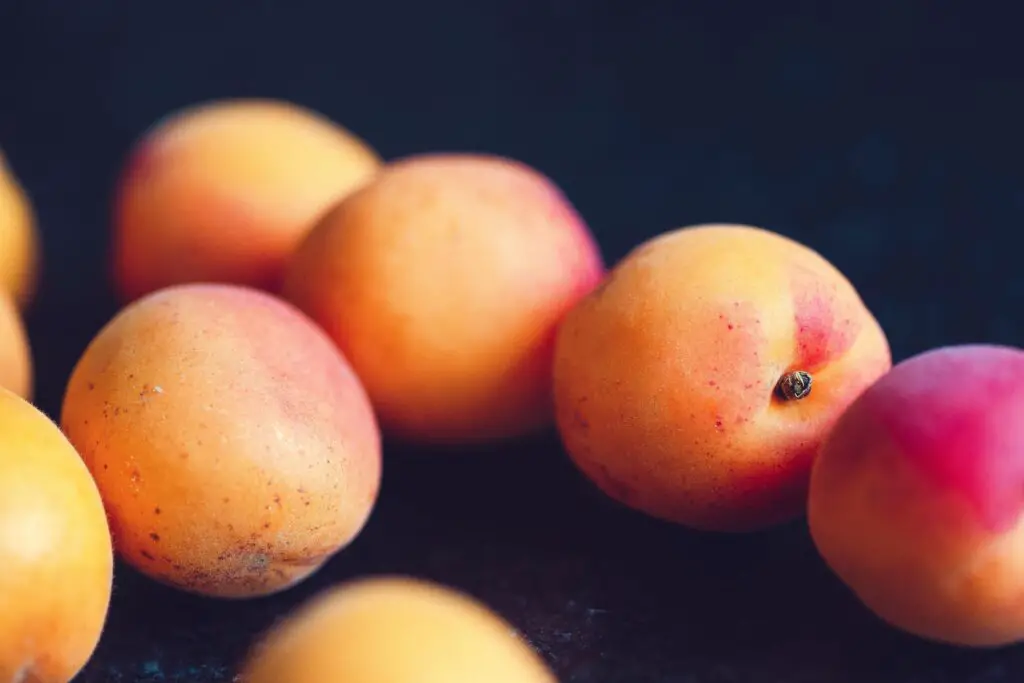
Peaches have delicate skin that absorbs pesticides more easily than fruits with thicker peels. They are frequently treated with multiple chemicals during their growth cycle. To avoid this, look for organic peaches or peel them before eating.
5. Apples
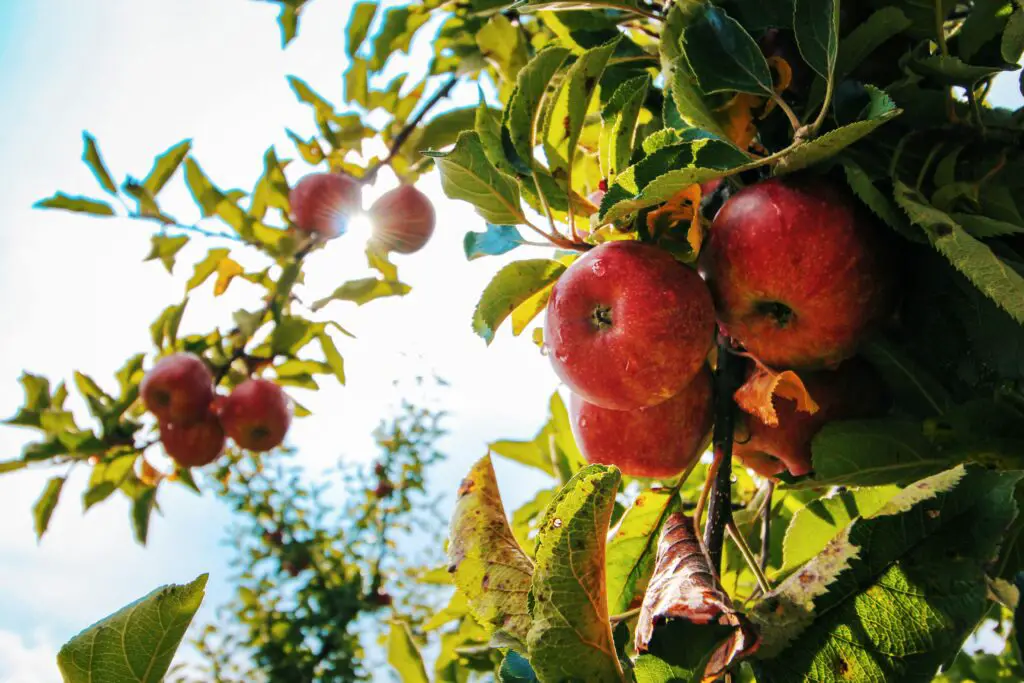
Apples are among the most pesticide-treated fruits due to their susceptibility to pests and diseases. Even after peeling, residues can remain on the fruit’s flesh. Buying organic apples is a straightforward way to reduce your exposure to these chemicals.
6. Grapes
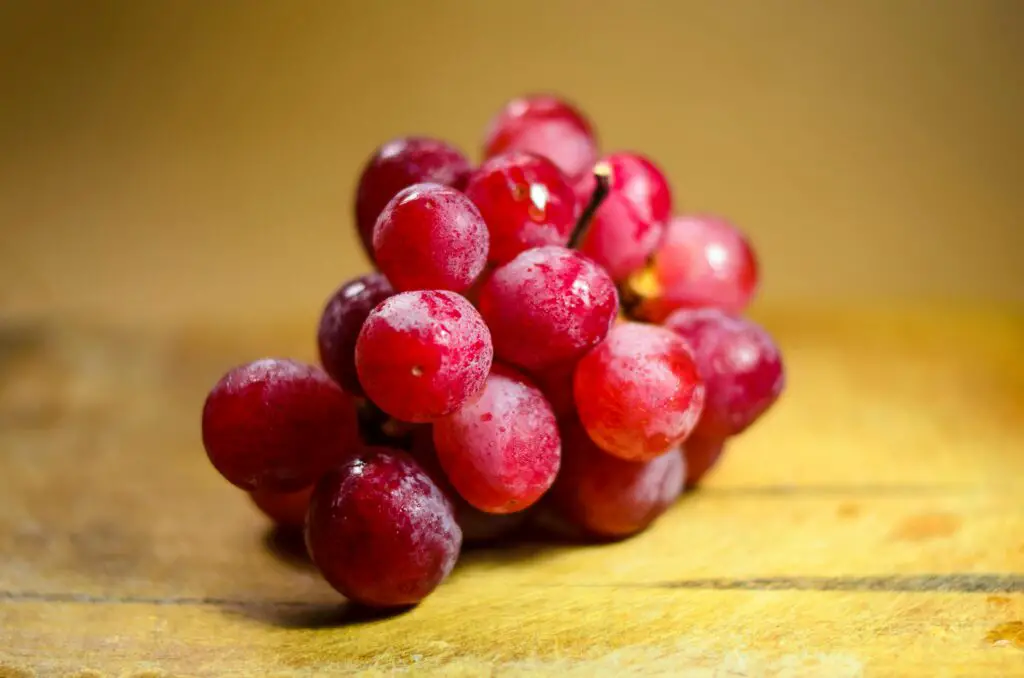
Grapes are often treated with fungicides and pesticides to prevent spoilage and pests during growth and transport. Their thin skin doesn’t provide much protection, allowing chemicals to seep into the fruit. Washing helps but doesn’t entirely remove residues, so organic grapes are preferable.
7. Cherries
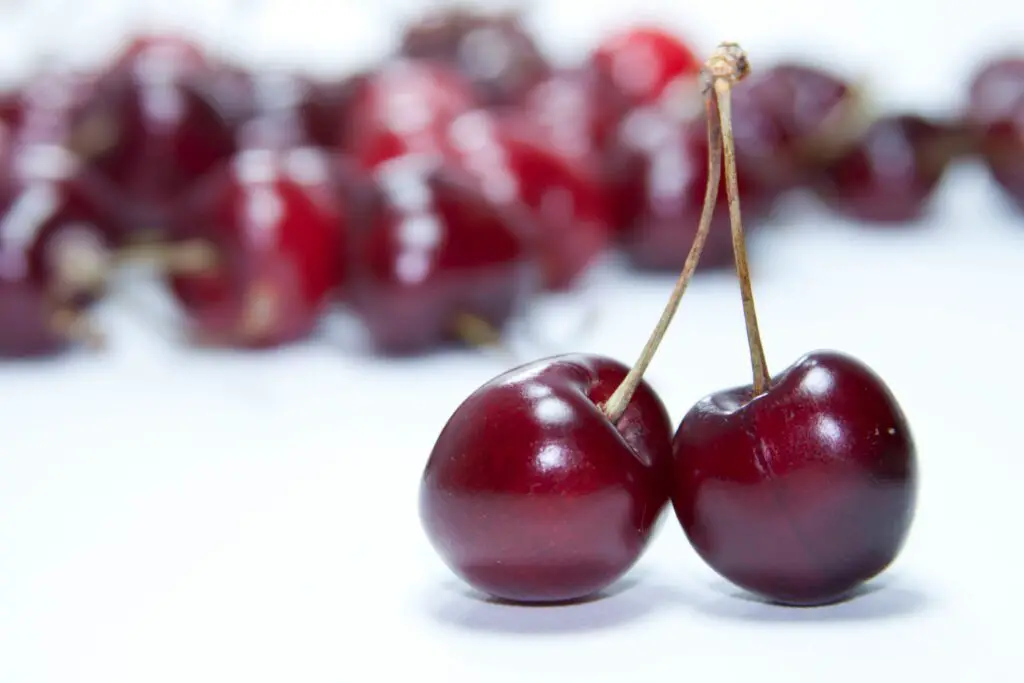
Cherries are another fruit frequently contaminated with harmful pesticides, which linger even after washing. Imported cherries, in particular, are often treated with stronger chemicals due to less stringent regulations. Always rinse thoroughly or opt for organic varieties.
8. Tomatoes
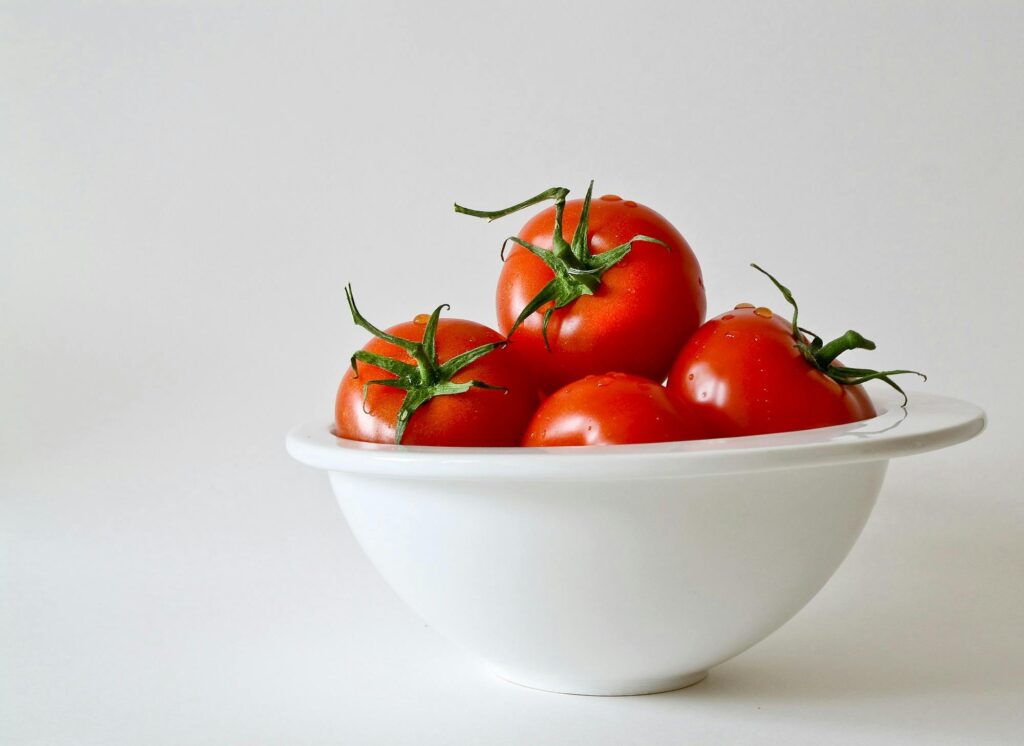
Tomatoes are susceptible to pests, leading to heavy pesticide application during cultivation. Their smooth yet delicate skin can trap residues, which may not come off entirely with washing. Organic tomatoes or homegrown varieties can ensure a safer choice.
9. Celery
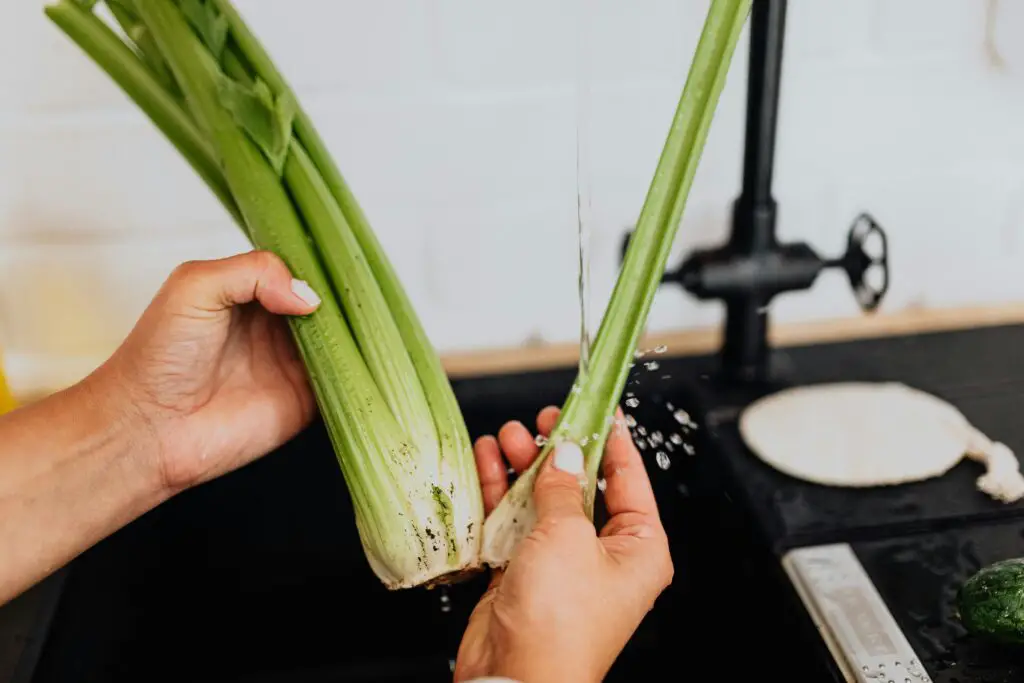
Celery has no protective skin, making it highly susceptible to absorbing pesticides from soil and water. The chemicals used during its growth are difficult to remove even with thorough cleaning. Buying organic celery or substituting with less-contaminated veggies is a wise move.
10. Bell Peppers
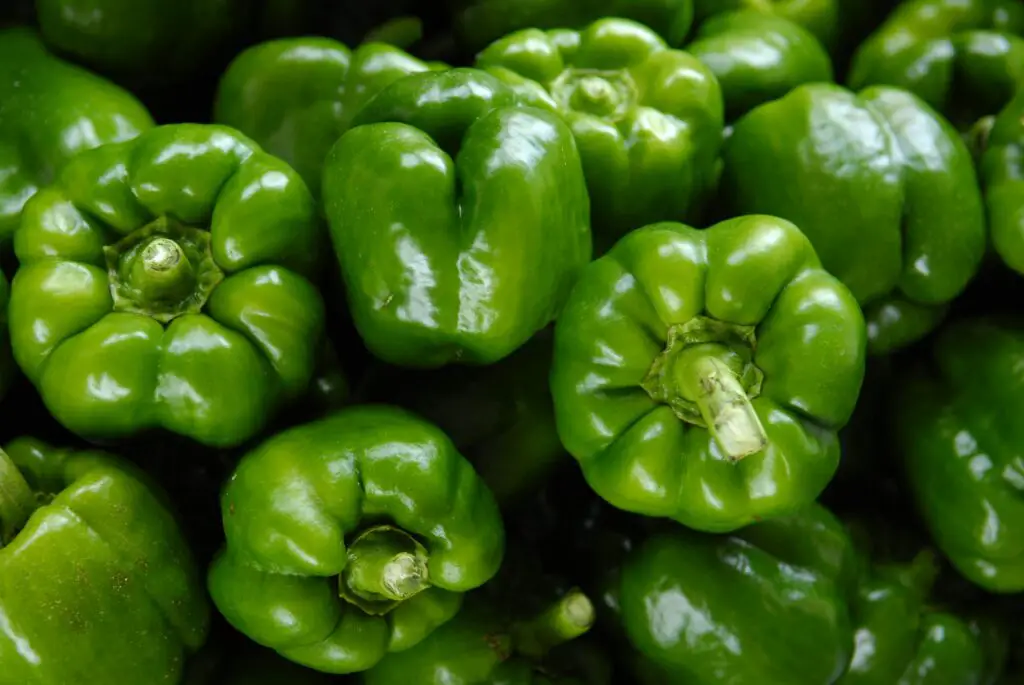
Bell peppers often rank high on the contamination list due to pesticide residues found on their skin. Their smooth surface may seem easy to clean, but harmful chemicals can still linger. Choosing organic peppers minimizes your risk of ingesting these residues.
11. Potatoes
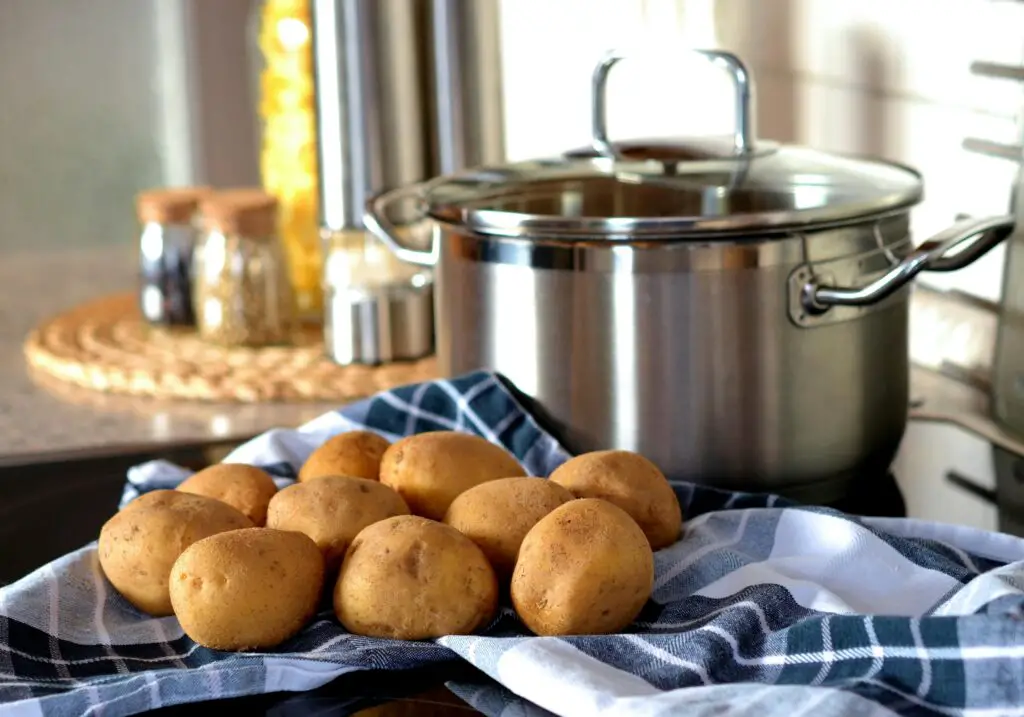
Potatoes are treated with fungicides and pesticides during their growth and storage phases. These chemicals often penetrate deep into the skin, making peeling insufficient to remove all residues. Organic potatoes are a safer option for this versatile vegetable.
12. Blueberries
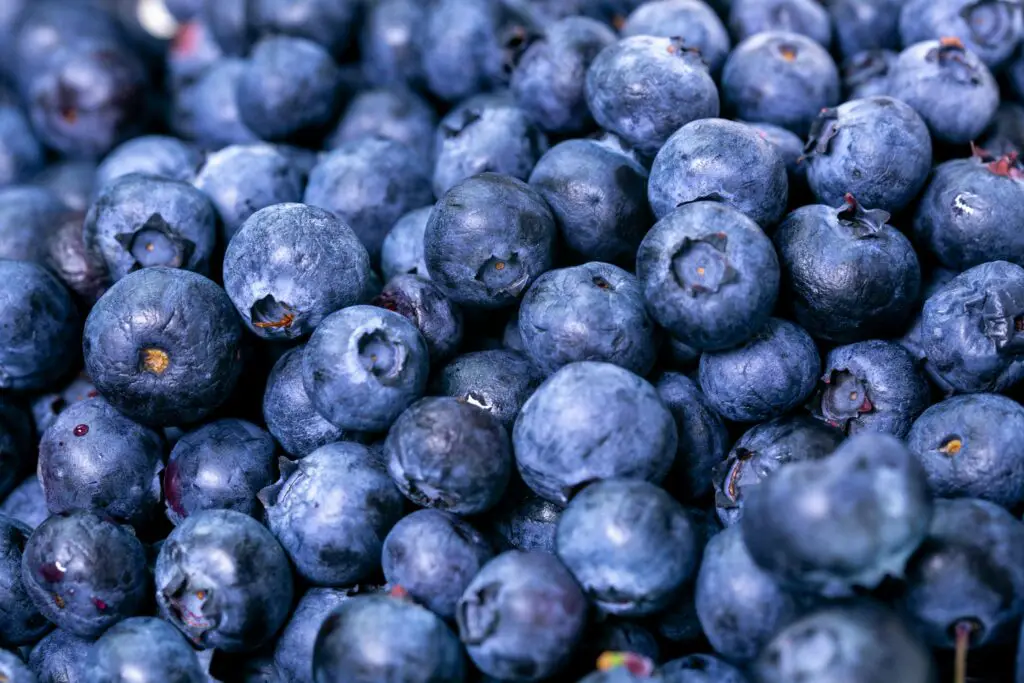
Blueberries, particularly non-organic varieties, are often exposed to multiple types of pesticides. Their small size and clustered growth make it difficult to remove residues through washing. Organic blueberries are a healthier choice for your smoothies and snacks.
